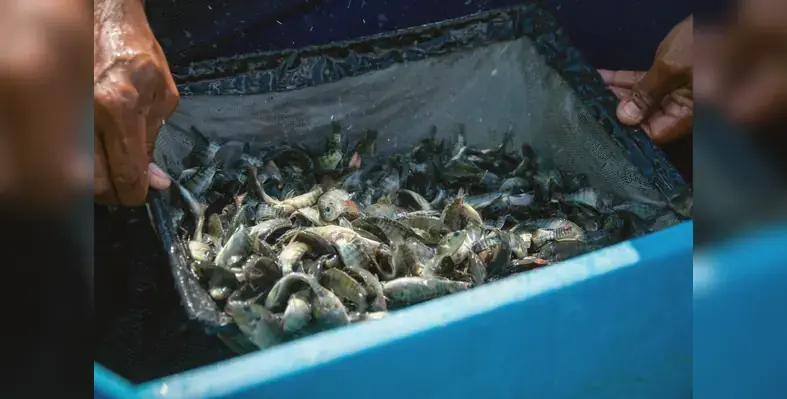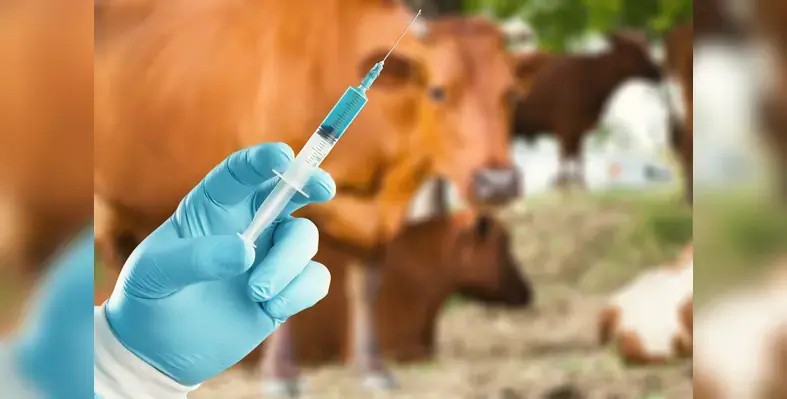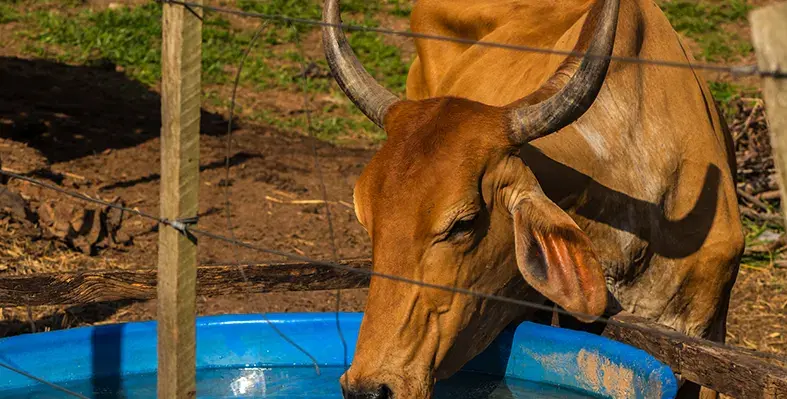Feed transitions are often underestimated on the farm, yet few decisions carry as much weight when it comes to how well a flock performs at the end of the cycle.
From the moment chicks arrive to the point they reach processing weight, broilers move through several distinct feed phases, each with its own nutritional profile and physical form. Managing these shifts well is what separates a high-performing flock from one that struggles to hit its targets.
As birds grow, their diet moves through starter, grower and finisher specifications, and with each change comes an adjustment in feed texture too, progressing from mash through to crumb and eventually pellet. These are not minor tweaks. Each phase is designed to match the bird's changing biological needs, and any disruption to that process can set the flock back in ways that are hard to undo.
The changeover from starter to grower feed tends to be the trickiest. It brings both a nutritional shift and a change in feed form at the same time. Offering the first batch of grower feed as a crumb or mini pellet rather than a full-sized pellet makes the adjustment far easier for the birds. When this step is skipped, intake tends to drop, growth slows and uniformity across the flock takes a hit.
The simplest and most effective way to handle any transition is to blend the outgoing feed with the incoming one, layering the new on top of the old so birds ease into the change naturally rather than encountering it all at once.
Done properly, feed transition management keeps intake steady, limits wasteful flicking behaviour, protects carcass quality and supports consistent flock health throughout the cycle. These are not just welfare considerations. They translate directly into better returns for the producer.
Planning feed transitions carefully is not optional. It is fundamental to running a productive, profitable broiler operation.









